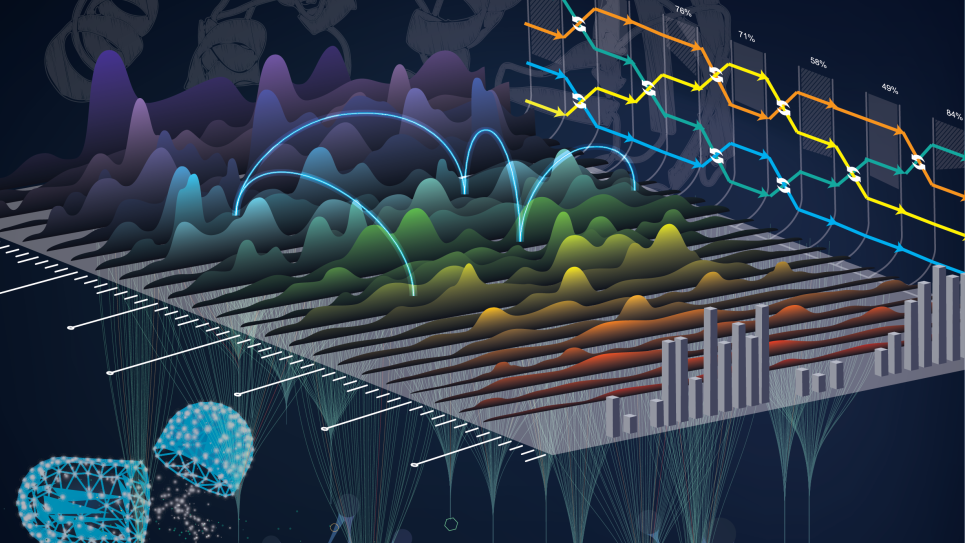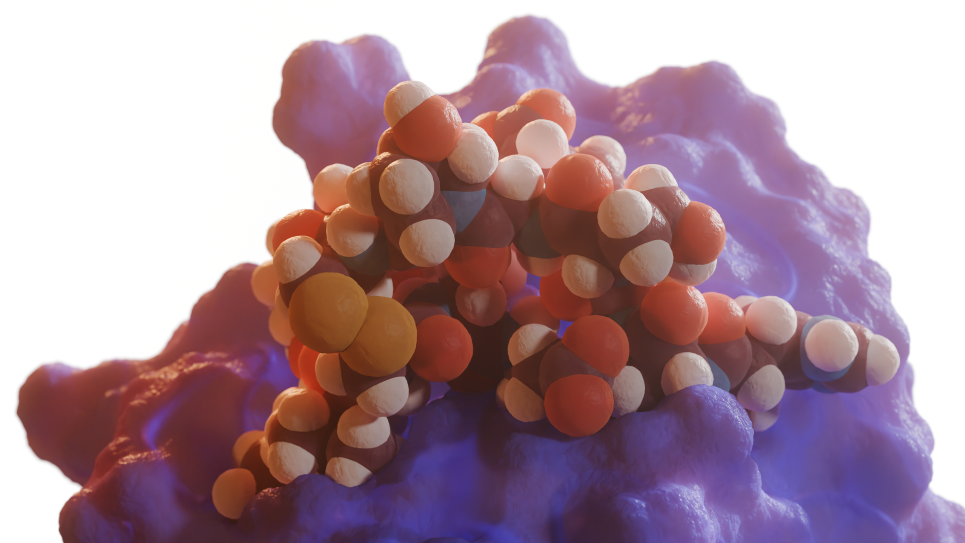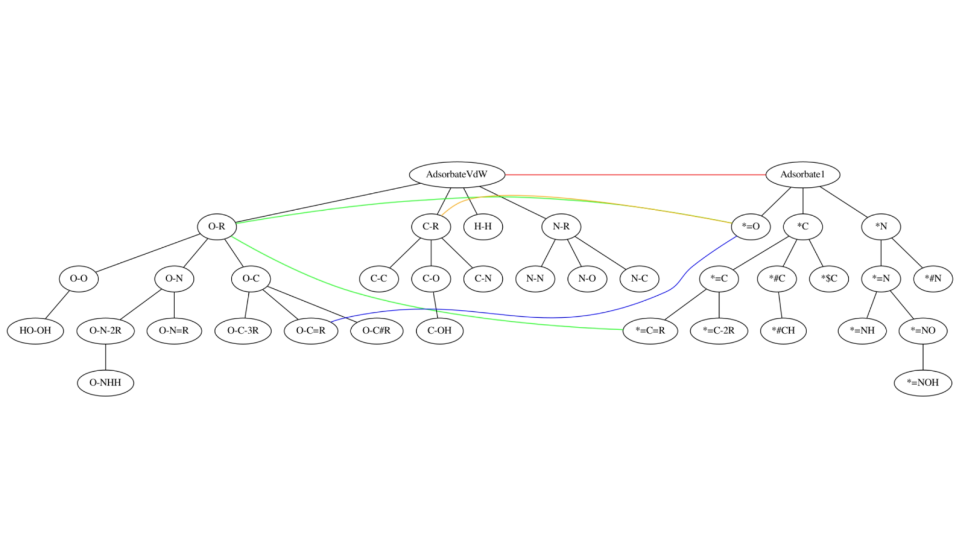This project will apply a theoretical framework for predicting the chemistry of complex systems, in both the gas phase and extended phases, that is readily parallelizable and scalable and that leverages high-performance computing. The resulting stochastic a priori dynamics approach is designed to enable predictive discovery in systems with use-inspired complexities.
The outcome of a gas phase chemical reaction results from the competition of a variety of underlying microscopic dynamical processes, including bond breaking and forming, energy transfer and redistribution, and quantum mechanical events like tunneling and electronic transitions. High-performance computing and methodological advances in electronic structure theory and semiclassical dynamics have led to dramatic increases in the fidelity of a priori predictions of isolated chemical events. Significant challenges remain, however, in the a priori characterization of more complex reactive chemical environments, such as flames and chemical reactors, that are central to many energy technologies.
With this ALCC project, the team will apply a theoretical framework for predicting the chemistry of complex systems, in both the gas phase and extended phases, that is readily parallelizable and scalable and that leverages high-performance computing. The approach combines high-accuracy theoretical methods for elementary dynamics employing ab initio potential energy surfaces and including semiclassical treatments for nonadiabatic transitions, tunneling, and zero-point energy maintenance. Competition between these events is modeled stochastically in order to treat networks of reactions and access long timescales. The resulting stochastic a priori dynamics approach is designed to enable predictive discovery in systems with use-inspired complexities, and it is distinct from phenomenological approaches being pursued elsewhere.
This project is supported by past and ongoing methods development work funded by the DOE, including core funding from the BES CSGB Gas Phase Chemical Physics (GPCP) Program. The GPCP supports work at Argonne to “develop a fundamental and predictive understanding of chemical reactivity” and includes the development of accurate semiclassical theories for a variety of fundamental chemical processes. This team is also supported in part by the BES-funded Argonne-Sandia Consortium on High Pressure Combustion Chemistry (ASC-HPCC), which includes the application and experimental validation of the new theories. Finally, the team also contributes to the ongoing DOE Exascale Computing Project “Transforming Combustion Science and Technology with Exascale Simulations,” which has the goal of developing a comprehensive exascale-ready code for automated thermochemistry and kinetics, and to which the present effort could contribute modules of functionality.
Elementary dynamics will be initially simulated using two of the team’s codes, though the approach is readily extendable to include community codes. DiNT: Direct Nonadiabatic Trajectories is an open source semiclassical trajectory code that includes a variety of validated, accurate, and efficient methods for nonadiabatic transitions and collisional energy transfer. MCPSI: Monte Carlo Phase Space Integrals is a highly parallelized phase space sampling code that has been shown to scale well on the full Theta machine, where it was used to predict high-temperature partition functions for systems with challenging vibrational structures. DiNT is being modified to include path integral/ring polymer molecular dynamics functionality for zero-point maintenance and tunneling, and Monte Carlo approaches are being extended to treat more complex chemical systems.
The researchers will consider two related applications to study the competition of collisional stabilization and reactivity and to demonstrate the utility of the approach. In the first set of applications, nonequilibrium and nonthermal events in many body gas phase systems will be characterized at atmospheric and combustion conditions where the usual assumption of abundant thermalizing collisions between reactive events breaks down. In the second set of applications, lower temperatures will be considered where nuclear quantum effects are important, and the team will study the reactivity of transient dimers, as in the so-called “chaperone effect” that emerges at high pressures, and more generally the reactivity of small van der Waals clusters.


